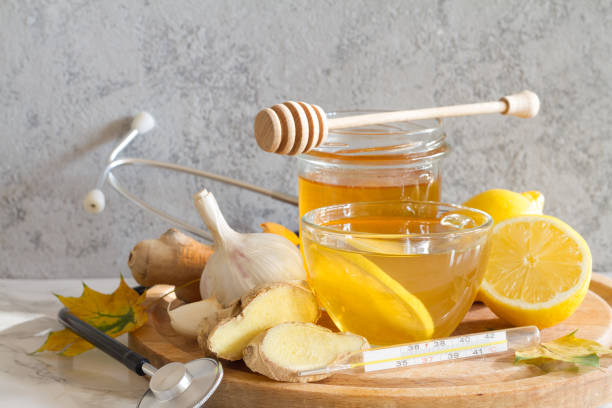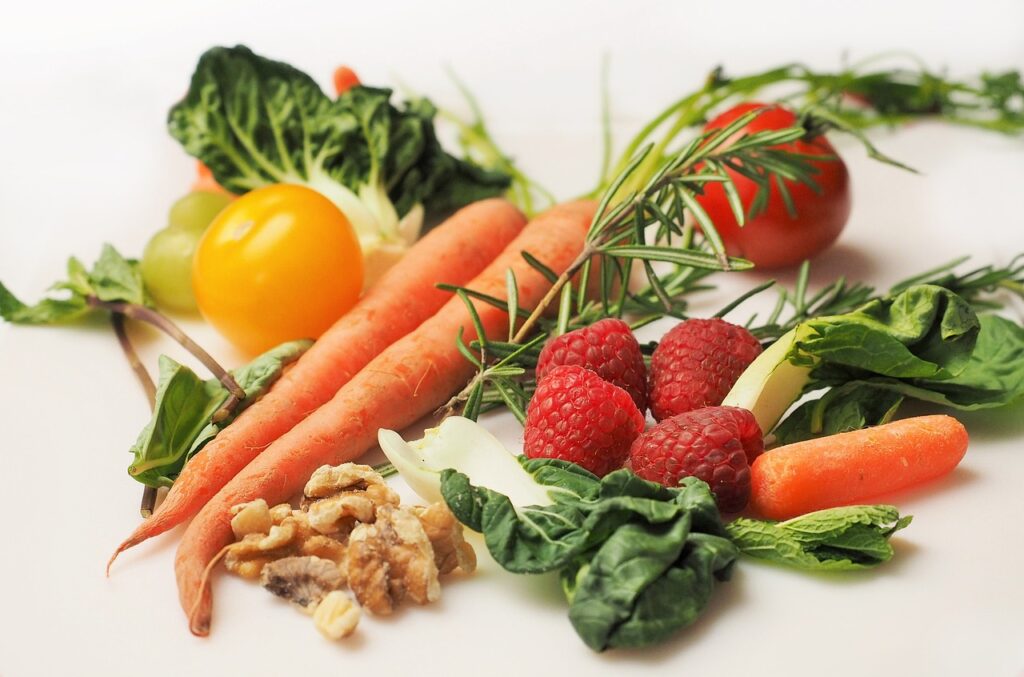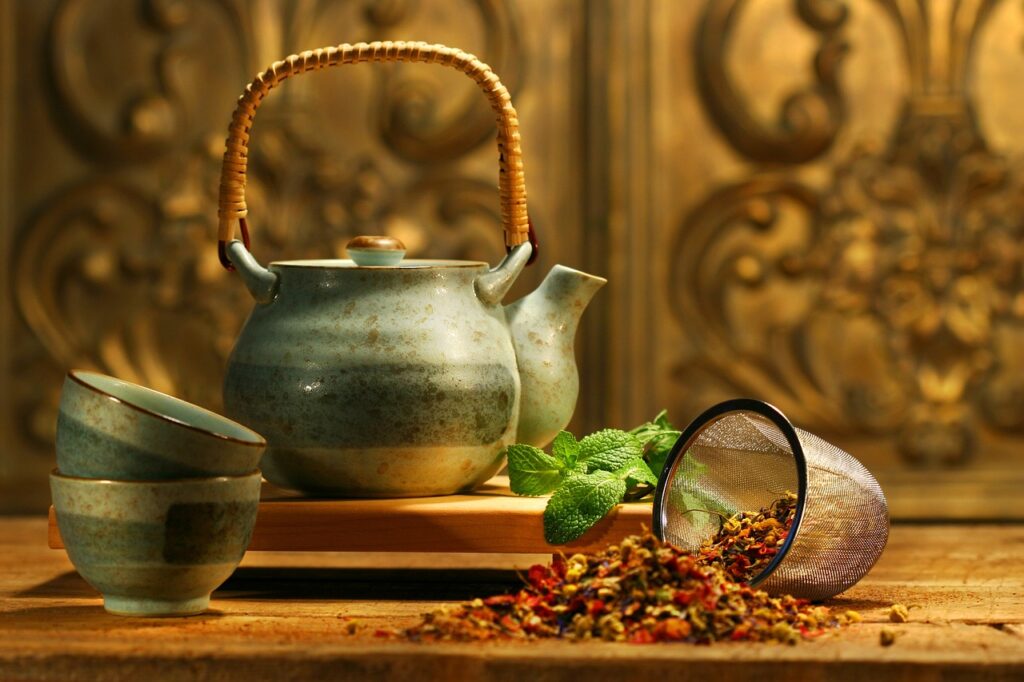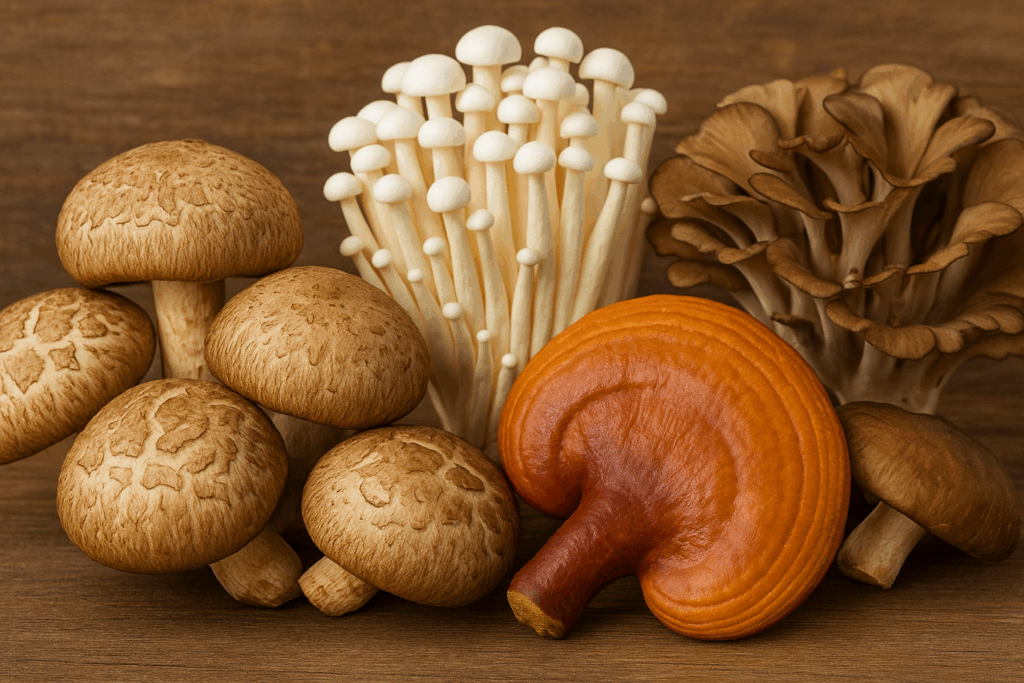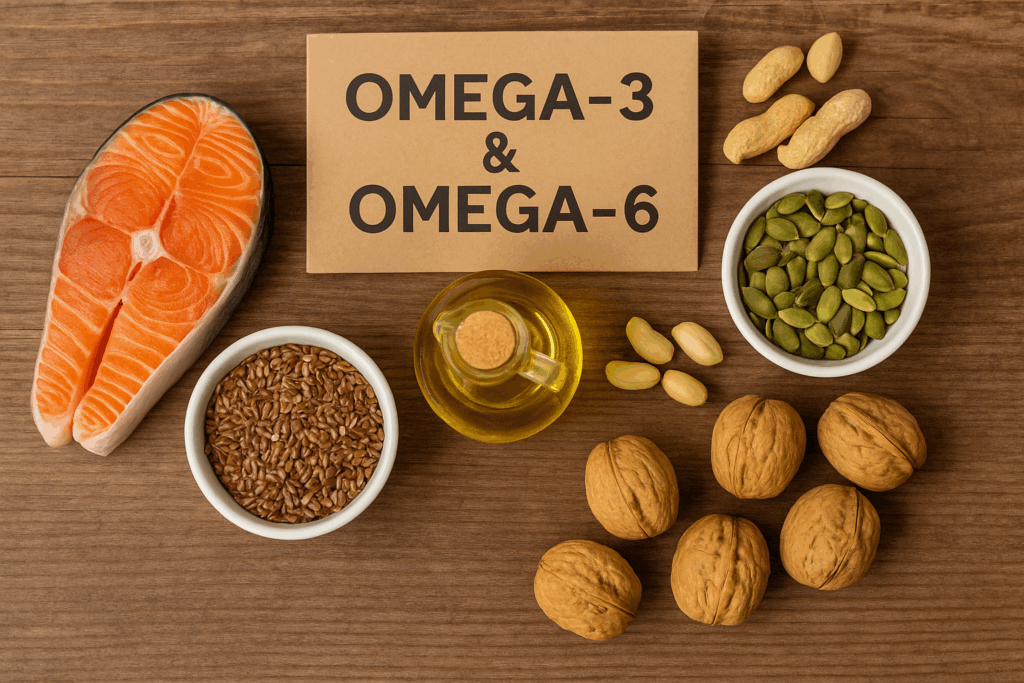A strong immune system is essential for defending the body against infections caused by viruses, bacteria, and other pathogens. While good hygiene and medical interventions play critical roles in infection prevention, diet also has a significant impact on immune health. Superfoods—nutrient-dense foods with powerful health benefits—can help strengthen immunity and improve the body’s ability to fight infections. This article explores some of the best superfoods for infections – especially known for their immune-boosting properties.
1. Garlic
Garlic is widely recognized for its antimicrobial and immune-enhancing effects. It contains allicin, a sulfur compound with strong antibacterial and antiviral properties (Arreola et al., 2023). Regular consumption of garlic has been linked to reduced severity and duration of colds and flu.
2. Ginger
Ginger has potent anti-inflammatory and antimicrobial properties that support immune function. It contains gingerol, a bioactive compound that helps combat respiratory infections and sore throats (Bode & Dong, 2023). Additionally, ginger’s warming properties may help relieve congestion.
3. Turmeric
Turmeric is rich in curcumin, a powerful antioxidant and anti-inflammatory compound. Studies suggest that curcumin enhances immune cell function and may help reduce viral replication (Hewlings & Kalman, 2023). Pairing turmeric with black pepper increases curcumin absorption, maximizing its benefits.
4. Citrus Fruits
Citrus fruits such as oranges, lemons, and grapefruits are packed with vitamin C, which enhances white blood cell production and strengthens the immune response (Carr & Maggini, 2022). Regular consumption of vitamin C-rich foods can reduce the duration and severity of infections.
5. Mushrooms
Certain mushrooms, including shiitake, maitake, and reishi, have immune-boosting polysaccharides called beta-glucans. These compounds help activate immune cells and enhance the body’s defense against pathogens (Zhao et al., 2024). Reishi mushrooms, in particular, have antiviral properties that may support respiratory health.
6. Green Tea
Green tea is rich in catechins, antioxidants that have antiviral and antibacterial effects. Epigallocatechin gallate (EGCG), the main polyphenol in green tea, has been shown to inhibit viral replication and support immune function (Friedman, 2023).
7. Fermented Foods
Fermented foods such as yogurt, kimchi, sauerkraut, and kefir contain probiotics that support gut health. Since a significant portion of the immune system resides in the gut, maintaining a healthy microbiome enhances the body’s ability to fight infections (Kechagia et al., 2023).
8. Dark Leafy Greens
Spinach, kale, and Swiss chard are packed with vitamins A, C, and E, which help protect cells from oxidative stress and support immune function (Pal et al., 2023). These greens also contain folate, which is essential for white blood cell production.
9. Nuts and Seeds
Almonds, sunflower seeds, and pumpkin seeds are excellent sources of vitamin E, zinc, and selenium, all of which play crucial roles in immune health. Zinc, in particular, is known to shorten the duration of colds and support antiviral defenses (Prasad, 2023).
10. Honey
Raw honey has antimicrobial and wound-healing properties. It contains hydrogen peroxide, which helps kill bacteria, and antioxidants that support immune function (Al-Waili et al., 2023). Manuka honey, in particular, has been studied for its effectiveness against respiratory infections.
Conclusion
Incorporating these superfoods into your diet can provide essential nutrients that support a strong immune system. While no single food can prevent infections entirely, a balanced diet rich in immune-boosting foods, combined with a healthy lifestyle, can significantly enhance your body’s ability to fight off illness.
References
Al-Waili, N., Salom, K., & Al-Ghamdi, A. (2023). Honey for wound healing, infections, and immune modulation: A review. Journal of Medicinal Food, 26(1), 10-25. https://doi.org/10.1089/jmf.2023.0010
Arreola, R., Quintero-Fabián, S., López-Roa, R. I., et al. (2023). Immunomodulatory effects of garlic and its bioactive compounds. Frontiers in Nutrition, 10, 225-240. https://doi.org/10.3389/fnut.2023.225240
Bode, A. M., & Dong, Z. (2023). The health benefits of ginger and its bioactive compounds. Nutrients, 15(2), 290. https://doi.org/10.3390/nu15020290
Carr, A. C., & Maggini, S. (2022). Vitamin C and immune function. Nutrients, 14(3), 590. https://doi.org/10.3390/nu14030590
Friedman, M. (2023). Green tea catechins: Their role in immune function and disease prevention. Journal of Functional Foods, 104, 105064. https://doi.org/10.1016/j.jff.2023.105064
Hewlings, S. J., & Kalman, D. S. (2023). Curcumin: A review of its effects on human health. Foods, 12(2), 340. https://doi.org/10.3390/foods12020340
Kechagia, M., Basoulis, D., Konstantopoulou, S., et al. (2023). Health benefits of probiotics: A review. Gut Microbes, 15(1), 234-250. https://doi.org/10.1080/19490976.2023.234250
Pal, R., Rai, S., & Pandey, P. (2023). Nutritional value of leafy greens and their impact on immune function. International Journal of Nutrition, 29(4), 451-468. https://doi.org/10.1016/j.ijn.2023.451468
Prasad, A. S. (2023). Zinc in human health: Effect of zinc on immune function. The Journal of Nutrition, 153(1), 23-30. https://doi.org/10.1093/jn/nxab123
Zhao, L., Zhong, X., & Hu, Y. (2024). The immunomodulatory properties of medicinal mushrooms. Frontiers in Pharmacology, 15, 100320. https://doi.org/10.3389/fphar.2024.100320
